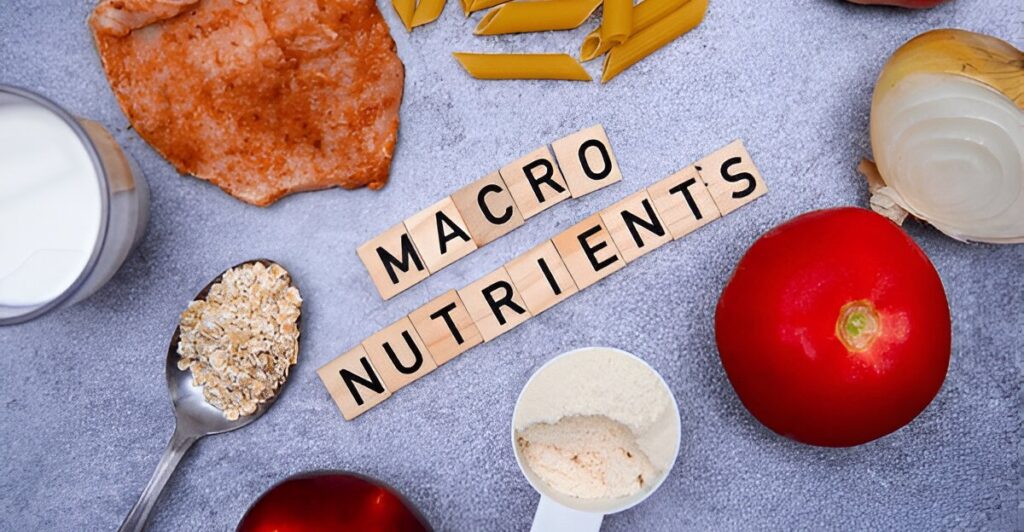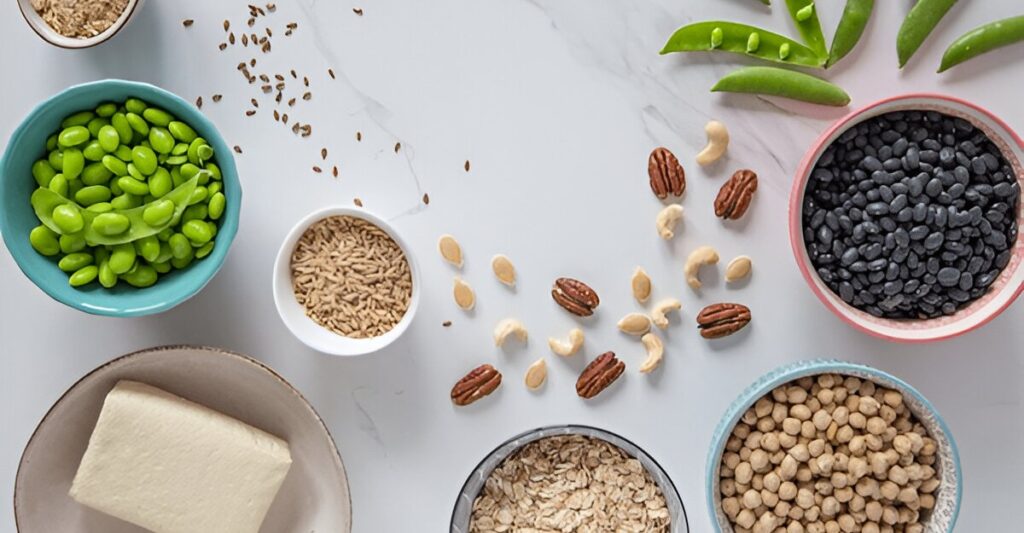Your gut is more than just a digestive system—it’s a powerhouse that influences nearly every aspect of your health. Often called the “second brain,” the gut plays a critical role in immunity, mood, energy, and even chronic disease prevention. Understanding the link between gut health and overall wellness can empower you to make choices that enhance your vitality. In this article, we’ll explore how your gut impacts your well-being and share practical tips to support a healthy gut.
What Is Gut Health?
Gut health refers to the balance and function of the gastrointestinal (GI) tract, particularly the trillions of microorganisms (known as the gut microbiome) living in your intestines. A healthy gut is characterized by:
- A diverse microbiome with beneficial bacteria.
- Efficient digestion and nutrient absorption.
- A strong gut barrier to prevent harmful substances from entering the bloodstream.
- Balanced inflammation and immune responses.
When gut health is compromised—due to poor diet, stress, or antibiotics—it can lead to issues like bloating, fatigue, or even systemic health problems. The link between gut health and overall wellness lies in the gut’s far-reaching effects on the body and mind.
How Gut Health Impacts Overall Wellness
The gut influences multiple systems, making it a cornerstone of health. Here’s how:
1. Immunity
About 70% of your immune system resides in the gut. A healthy microbiome produces short-chain fatty acids and other compounds that strengthen the gut barrier and regulate immune responses. Poor gut health may weaken immunity, increasing susceptibility to infections or autoimmune conditions.
2. Mental Health and Mood
The gut-brain axis, a communication network between the gut and brain, links gut health to mood and cognition. The microbiome produces neurotransmitters like serotonin (95% of which is made in the gut), influencing mood and stress response. Imbalances are associated with anxiety, depression, and brain fog.
3. Energy and Metabolism
A healthy gut efficiently absorbs nutrients, fueling energy production. It also regulates metabolism through hormones like insulin. Dysbiosis (microbial imbalance) can lead to fatigue, weight gain, or insulin resistance, highlighting the link between gut health and overall wellness.
4. Digestive Health
A balanced gut prevents issues like bloating, constipation, or diarrhea. It also supports the breakdown of food and absorption of nutrients like vitamins B12, D, and magnesium, which are vital for health.
5. Inflammation and Chronic Disease
An unhealthy gut can become “leaky,” allowing toxins or undigested food to enter the bloodstream, triggering inflammation. Chronic inflammation is linked to conditions like heart disease, diabetes, and arthritis. A healthy gut reduces systemic inflammation, promoting long-term wellness.
6. Skin Health
The gut-skin axis connects gut health to conditions like acne, eczema, or psoriasis. An imbalanced microbiome or leaky gut can trigger inflammation that manifests as skin issues.
Signs of Poor Gut Health
Recognizing gut health issues is the first step to addressing them. Common signs include:
- Digestive problems (bloating, gas, diarrhea, or constipation).
- Frequent fatigue or low energy.
- Mood swings, anxiety, or depression.
- Skin issues like acne or rashes.
- Food intolerances or sensitivities.
- Unexplained weight changes.
If you experience these, improving gut health can enhance your overall wellness.
How to Support Gut Health for Overall Wellness
Strengthening the link between gut health and overall wellness starts with diet and lifestyle. Here are science-backed strategies:
1. Eat a Diverse, Fiber-Rich Diet
Fiber feeds beneficial gut bacteria, promoting microbiome diversity. Aim for 25–35 grams daily from:
- Vegetables: Broccoli, carrots, or kale.
- Fruits: Berries, apples, or pears.
- Whole grains: Oats, quinoa, or brown rice.
- Legumes: Lentils, chickpeas, or black beans.
A varied diet with colorful plant foods supports a robust microbiome.
2. Include Fermented Foods
Fermented foods provide probiotics, live bacteria that enhance gut health. Incorporate:
- Yogurt: Choose unsweetened with live cultures.
- Kefir: A fermented milk drink rich in probiotics.
- Sauerkraut or kimchi: Fermented vegetables for gut-friendly bacteria.
- Miso or tempeh: Fermented soy products for plant-based options.
A daily serving of fermented foods can boost microbial diversity.
3. Prioritize Prebiotics
Prebiotics are fibers that feed beneficial bacteria. Include:
- Garlic, onions, and leeks: Contain inulin, a prebiotic fiber.
- Bananas and asparagus: Support gut bacteria growth.
- Chicory root or Jerusalem artichokes: High in prebiotic fibers.
Pair prebiotics with probiotics for a synergistic effect on gut health.
4. Limit Gut-Disrupting Foods
Certain foods can harm the microbiome or increase inflammation. Reduce:
- Added sugars: Found in soda, candy, or processed snacks, which feed harmful bacteria.
- Artificial sweeteners: May disrupt microbial balance.
- Processed foods: High in trans fats or additives that irritate the gut.
- Excess alcohol: Can damage the gut lining and microbiome.
5. Stay Hydrated
Water supports digestion and prevents constipation, keeping the gut functioning smoothly. Aim for 8–10 cups daily, more if active or in hot climates.
6. Manage Stress
Chronic stress disrupts the gut-brain axis, altering microbiome composition and increasing gut permeability. Practice:
- Meditation or deep breathing: Even 5 minutes daily reduces cortisol.
- Yoga or exercise: Enhances gut motility and stress resilience.
- Adequate sleep: 7–9 hours nightly supports gut repair and hormone balance.
7. Use Antibiotics Wisely
Antibiotics can kill beneficial gut bacteria, leading to dysbiosis. Only take them when prescribed, and consider probiotic supplements during or after treatment (consult a doctor).
8. Consider Probiotic Supplements
If dietary probiotics are limited, high-quality supplements with strains like Lactobacillus or Bifidobacterium (1–10 billion CFU daily) may help. Choose third-party-tested products for efficacy.
Sample Gut-Healthy Meal Plan
Here’s a day of eating to support the link between gut health and overall wellness:
- Breakfast: Greek yogurt with blueberries, chia seeds, and a drizzle of honey.
- Snack: An apple with a handful of almonds.
- Lunch: Grilled chicken, quinoa, and roasted broccoli with a side of sauerkraut.
- Snack: Kefir smoothie with banana and spinach.
- Dinner: Baked salmon, sweet potato, and a kale salad with olive oil and garlic dressing.
This plan includes fiber, probiotics, and prebiotics for a thriving gut.
Who Can Benefit from Improved Gut Health?
Focusing on gut health and overall wellness is ideal for:
- Those with digestive issues (e.g., IBS, bloating).
- Individuals with mood disorders or low energy.
- People seeking stronger immunity or better skin health.
- Anyone wanting to prevent chronic diseases and optimize vitality.
If you have conditions like Crohn’s disease or SIBO, consult a healthcare provider for tailored advice.
Common Challenges and Solutions
Improving gut health can have hurdles. Here’s how to overcome them:
- Limited Access to Fermented Foods: Start with widely available options like yogurt or try supplements.
- Time Constraints: Prep gut-friendly meals in bulk, like veggie-packed soups or salads.
- Sugar Cravings: Satisfy with fruit or small amounts of dark chocolate to avoid feeding harmful bacteria.
- Digestive Sensitivity: Introduce fiber or fermented foods gradually to avoid discomfort.
Potential Risks to Avoid
- Overusing Supplements: Excessive probiotics or prebiotics can cause bloating; stick to recommended doses.
- Ignoring Symptoms: Persistent gut issues may signal a medical condition—seek professional help.
- Extreme Diets: Very low-carb or restrictive diets may reduce microbiome diversity.
Conclusion: Nurture Your Gut for Total Wellness
The link between gut health and overall wellness is undeniable. A balanced gut microbiome supports immunity, mood, energy, and disease prevention, making it a cornerstone of health. By eating fiber-rich foods, incorporating probiotics and prebiotics, managing stress, and staying hydrated, you can strengthen your gut and feel your best. Small, consistent changes can transform your well-being from the inside out.
Ready to boost your gut health? Start by adding one fermented food, like yogurt or sauerkraut, to your diet this week. Your gut—and your whole body—will thank you.


